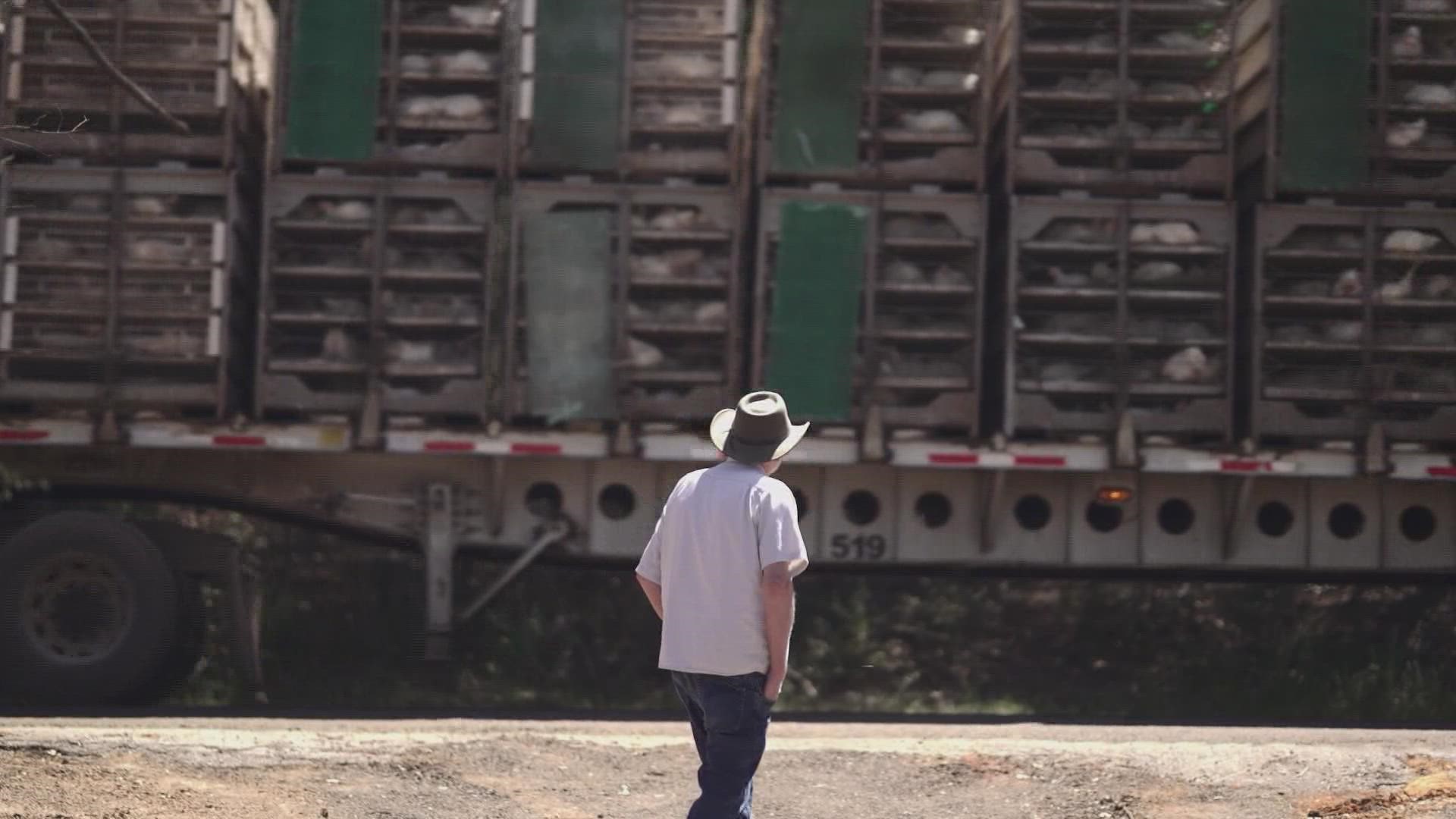‘The smell is putrid death’: They had a nice place in the country – until hundreds of thousands of chickens moved in next door
Sanderson Farms, which is expanding throughout Texas, says their chicken growers follow Texas air quality rules, best practices
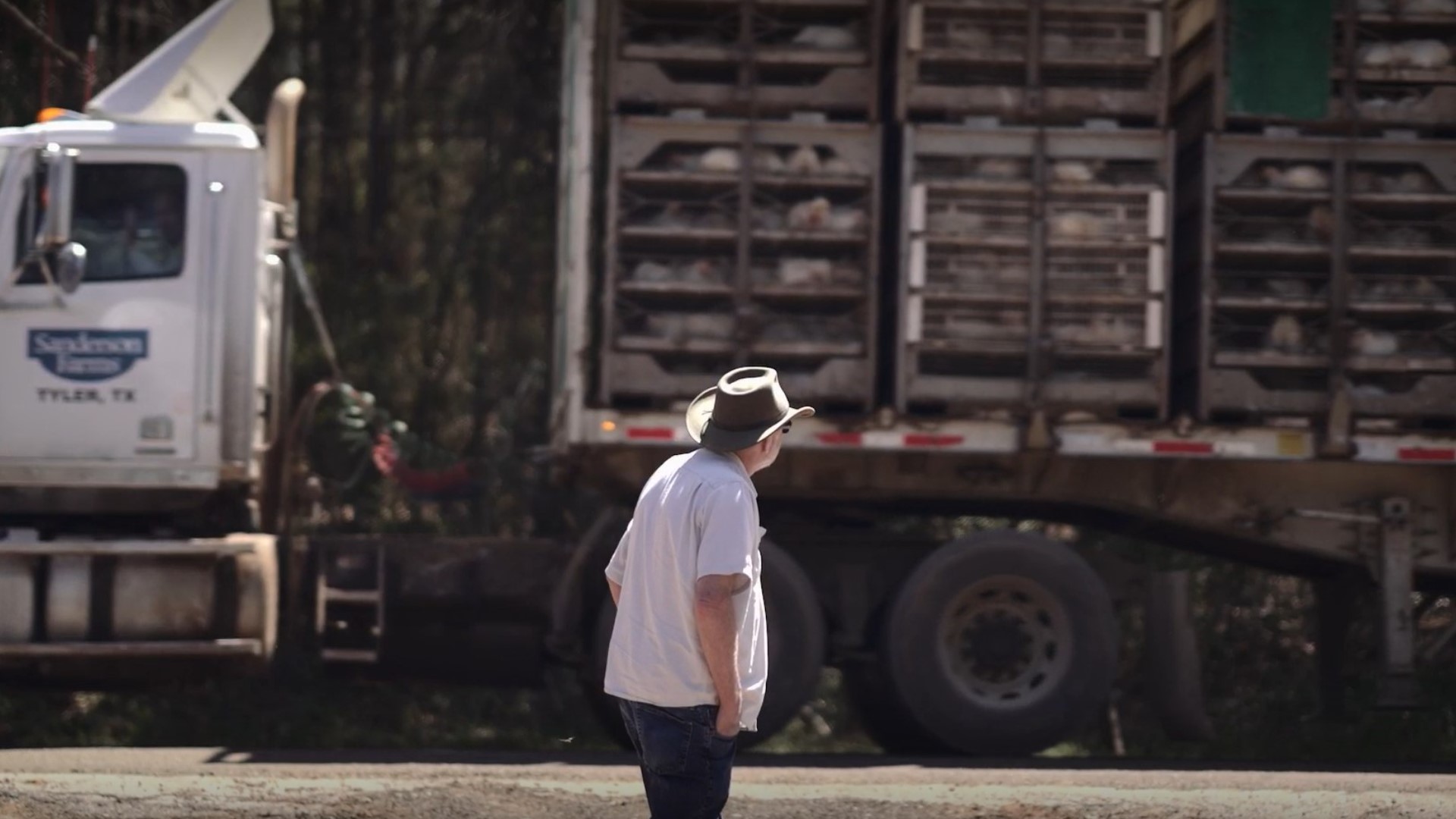
On their 600-acre East Texas ranch near Tyler, Larry and Sandra James believed they were creating paradise.
Sandra, a retired professor and business school dean, and Larry, a retired telecom CEO, enjoyed their herd of rescued horses, and doted on their longhorns. Their favorite is a longhorn they call Baby.
They say their peaceful country life was upended in the spring of 2019.
“Out of nowhere, this beautiful paradise that we were creating suddenly became enveloped in clouds of stench,” Sandra said. “You’d be walking across the dam and suddenly the air would get heavy and you’d be hit by a smell that was unlike anything we’d ever smelled before.”
Sandra at first believed an animal had died.
“We thought there was a dead hog, or somewhere very close to us there had to be a dead body,” she said.
They soon learned that 16 chicken barns containing several hundred thousand birds had been built months earlier, less than a mile from their ranch. With the nauseous odors came swarms of flies.
“They put these chicken houses in the middle of a residential community,” Larry James said. “It’s not right.”

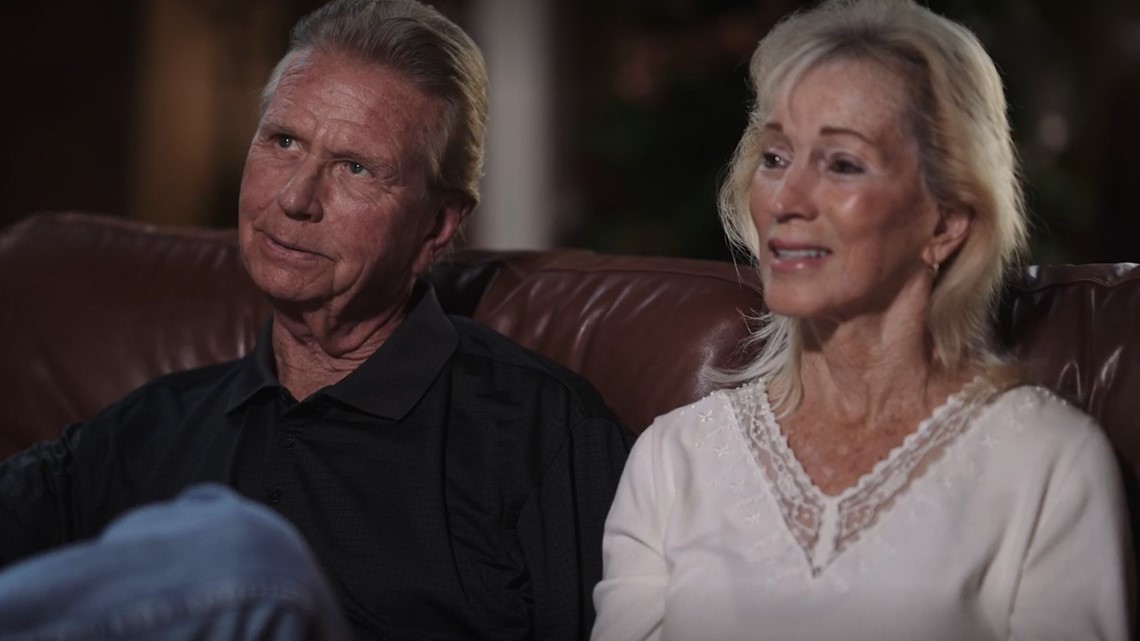
The chickens belonged to Sanderson Farms, the nation’s third largest poultry producer. The buildings and land belonged to farmers that Sanderson had contracted with to grow the chickens.
When they’re big enough, the chickens are taken nine miles west to Sanderson’s processing plant in Lindale, just outside Tyler.
“The smell is putrid death,” said Tony Jeffcoat, who transported chickens for Sanderson Farms in East Texas. “It's a smell that just sticks with you.”
Chapter 1 Whistleblower
“I've seen live chickens eat dead chickens,” Jeffcoat said. “I've seen live birds that were left and put in the compost and still there alive, left for dead.”
Jeffcoat filed a lawsuit against Sanderson Farms after he was diagnosed with histoplasmosis, a fungal lung infection typically caused by exposure to bird droppings. He took a series of pictures and videos at chicken farms in East Texas.
“It's a nasty environment,” Jeffcoat said of the farms generally. “It's a very dusty environment with feathers flying everywhere and very foul odor, stench of death in there. ... It's wall-to-wall chickens.”

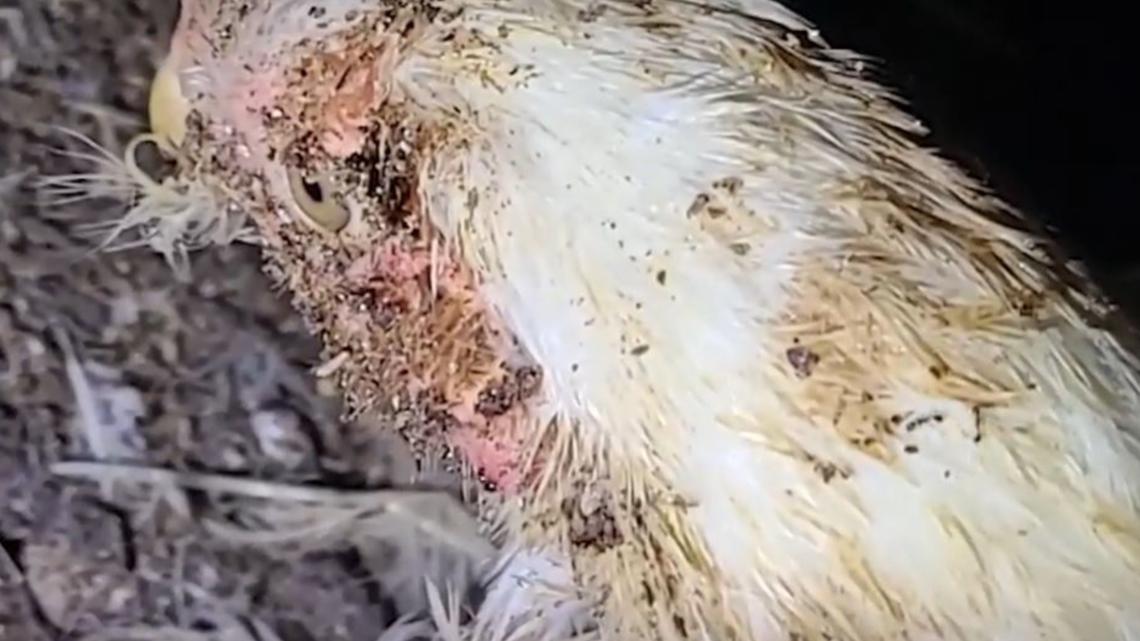
Jeffcoat’s lawsuit alleged that he was exposed to “improperly stored dead and decomposing chickens, improperly stored chicken manure, aerosolized dust containing feces and feathers, and other contaminants in the air.”
He alleged Sanderson Farms failed “to provide the necessary equipment for his safety” and “adequate training and warnings of the dangers of histoplasmosis,” the lawsuit says.
“The business model produces hundreds of millions of pounds of manure each year, millions of dead chickens, substantial aerosolized dust containing feces and feathers, and other contaminants. Stench and airborne contaminants permeate the working environment and is unavoidable for the workers,” the lawsuit alleged.

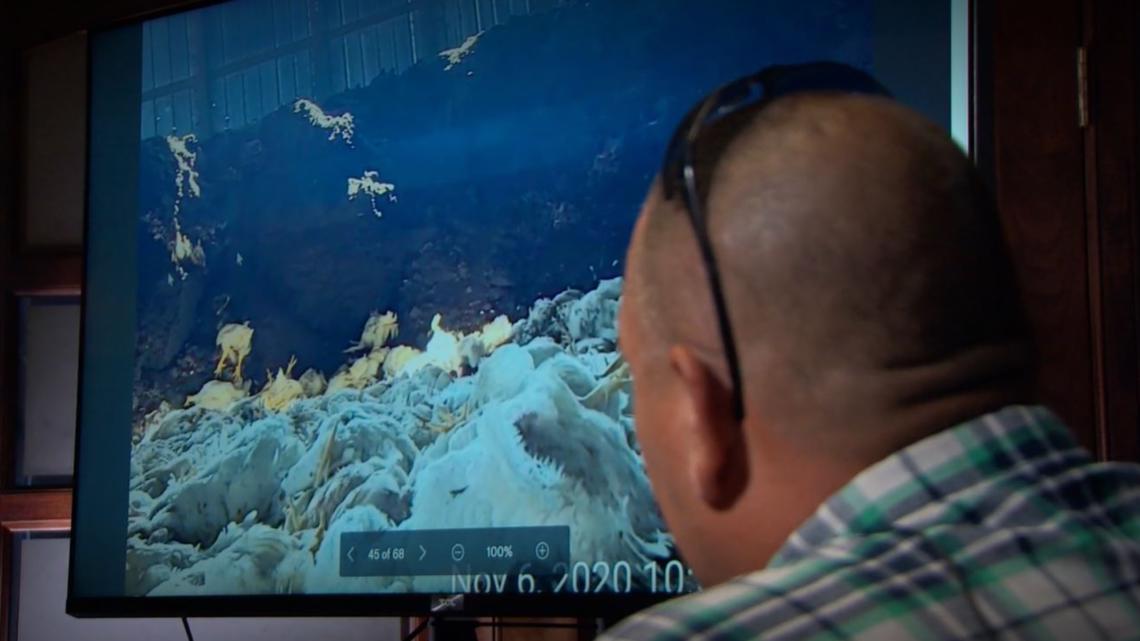
Ted Lyon, Jeffcoat’s attorney, told WFAA that his client had “zero warning, zero training (and) zero equipment.”
“The stench is horrible and all the feces, the dust and every thing gets in the air, goes down in a person’s lungs,” Lyon said. “They didn’t give him any respirators which are recommended by the Centers for Disease Control. They didn’t give him any masks that were fitted for him. It’s really sad.”

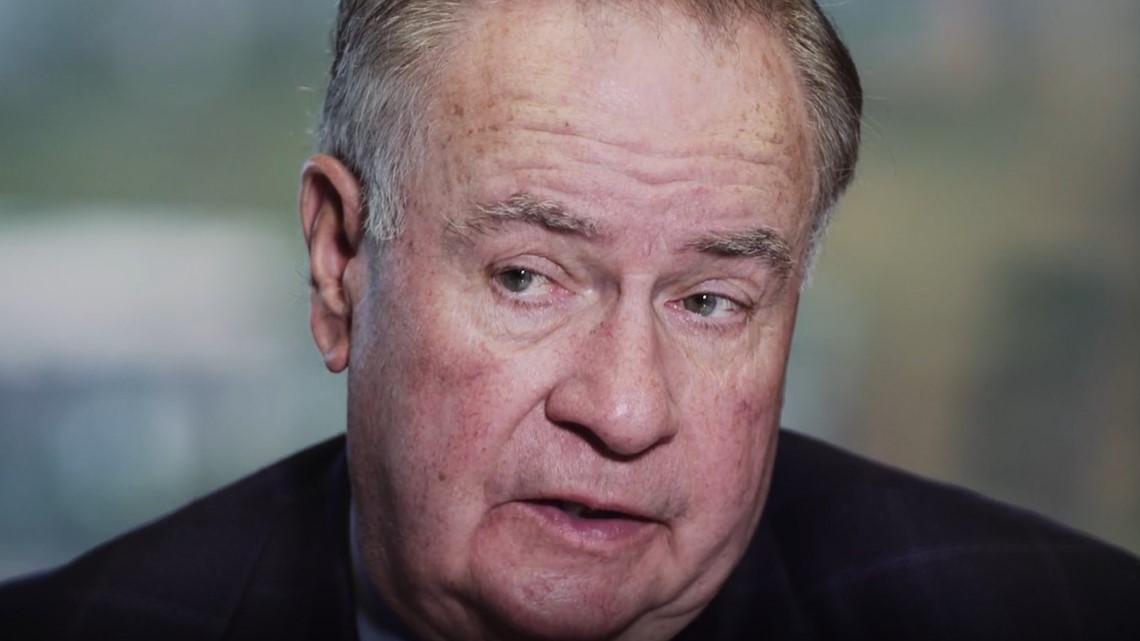
Jeffcoat told WFAA that he is often short of breath and unable to be as active with his children.
“Now this man will probably have to live with this for the rest of his life,” Lyon said. “And it’s going to probably shorten his life.”
Chapter 2 Sanderson responds
Sanderson Farms has denied Jeffcoat’s allegations. In a filing, the company claimed Jeffcoat “failed to take reasonable steps” to protect himself.
Any damages recovered by Jeffcoat “should be reduced,” the company said in its filing, in part because he “failed to take the reasonable steps that a person of ordinary prudence in a similar situation would have taken to avoid the damages claimed by Plaintiff.”

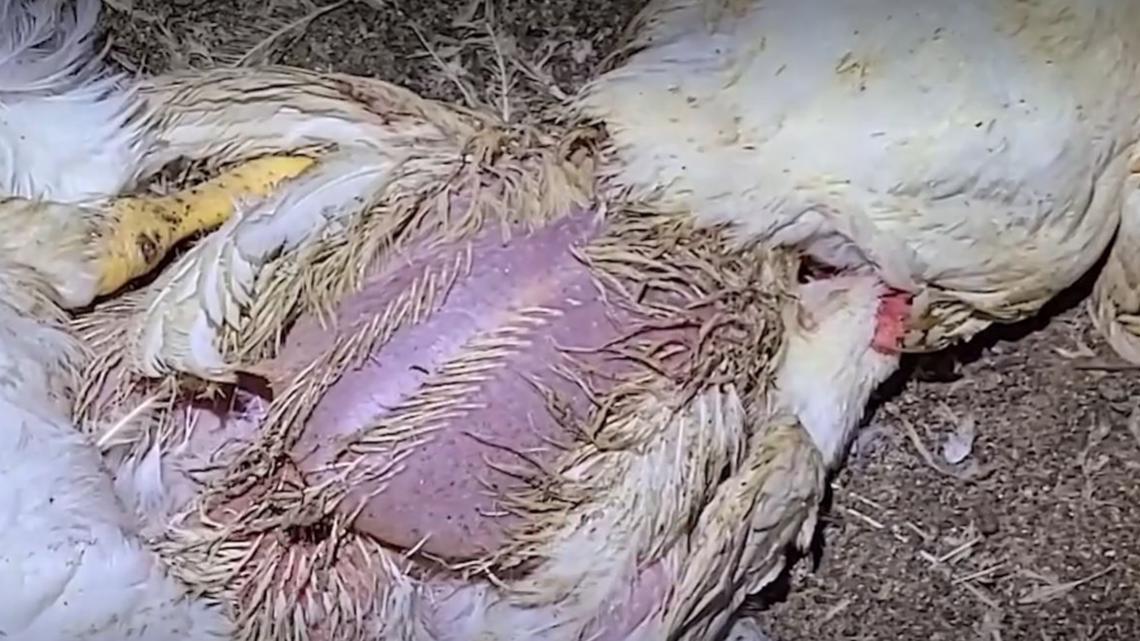
Dr. Lisa Mani, an expert with Centers For Disease Control and retained by Jeffcoat for his case, has concluded in her report that his illness was caused by “significant and ongoing workplace environmental exposure to bird droppings.’
“It is difficult to think that in this day and age people work under these unprotected and pretty rough- hewn circumstances to bring food to our tables,” Dr. Mani told WFAA.
When asked if surrounding neighbors may be in danger from the farms, Dr. Mani said she would not want to live nearby. “I would not want my children or my adolescents playing or riding all-terrain vehicles in those areas, bicycles, even driving through those areas,” Dr. Mani told WFAA.
Chapter 3 Poultry industry changes
Poultry farming has consolidated in recent decades. In the 1950s, there were more than a million chicken farms, each with an average of about 360 chickens per farm.
Now, there are only about 25,000 chicken farms nationwide, averaging more than 330,000 birds per location at any given time. Texas has about 1,200 farms, according to state officials.
“Industry and corporate America wants to paint what happens here as good old fashioned red-blooded American farming,” said Allen Gardner, an attorney representing Larry and Sandra James and more than a dozen of their neighbors. “This is corporate farming.”

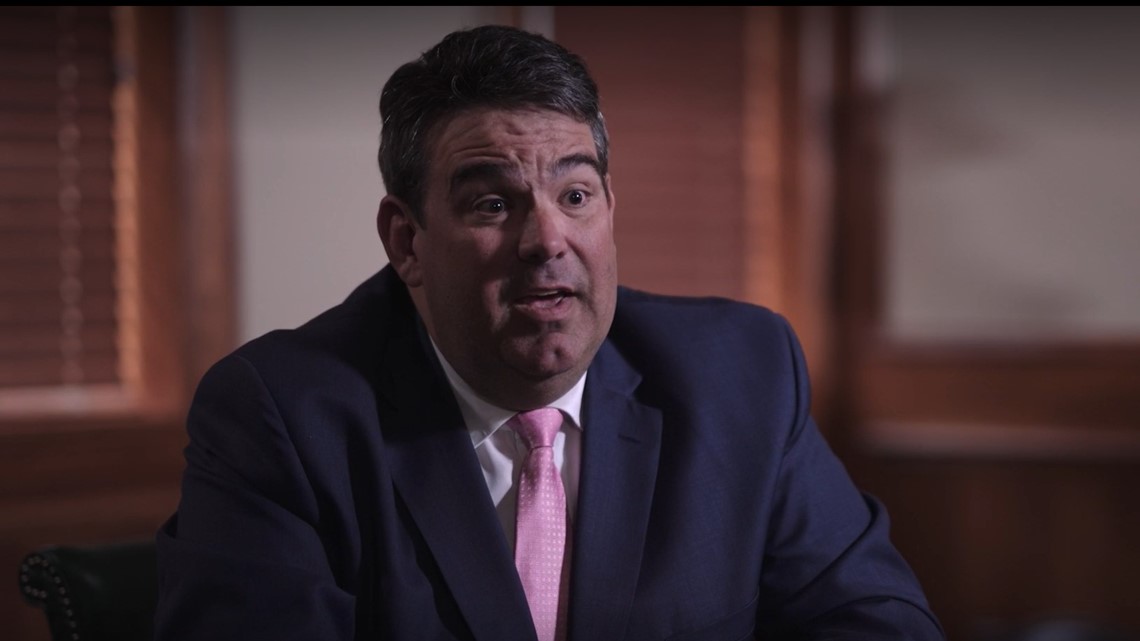
These farms are what’s known as concentrated animal feeding operations, or CAFOs.
Baby chicks are transported to the farms. There are typically between 25,000 to 30,000 birds per barn, according to court records in a lawsuit filed against Sanderson Farms in Henderson County. Each bird has an average of about one square foot of floor space.
In the Henderson County case, a poultry expert hired by the residents concluded that a 16-barn farm operation created an estimated 5,000 tons of manure annually. He said that was the equivalent of six football fields piled three feet high with manure.
“These chemicals build up inside that house and have to be exhausted to protect the birds,” Gardner said. “When you’re talking about hundreds of thousands of birds, the neighbors then get to deal with the hydrogen sulfide, methane, ammonia and any number of chemicals that you don’t want to be breathing in.”
Chapter 4 Dead birds
Also, testimony showed that over a 60-day growing cycle, as many as five percent of the chickens die – meaning there will be thousands of dead birds left to decompose.
“Texas law allows a grower to compost those birds, trying to rot the birds down,” Gardner said. “That rotting dead compost smell also gets disseminated to the neighbors.”
After the farm moved in less than a mile from their property, Larry and Sandra James complained to the Texas Commission on Environmental Quality, or TCEQ.
They said Sanderson Farms officials came to their home to meet with them. They exchanged text messages with a Sanderson Farms official for months. The text messages show the James’ repeatedly telling Sanderson Farms officials about the smell. The official would respond that they were on top of it and would send someone out to the farm.

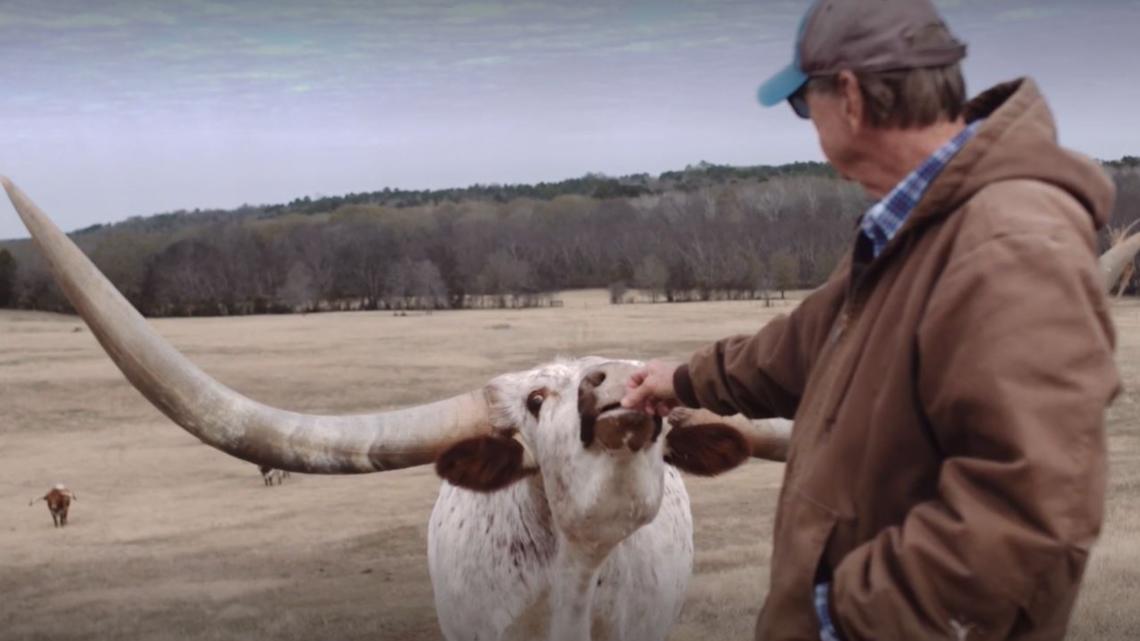
Larry James said he even called the president of the company.
“We really went to bed at night thinking we can work this out,” James said. “These are smart people. And we're somewhat relatively smart. We can work this out before we have to go get lawyers.”
But nothing ever got better, he said.
Chapter 5 Texas Right to Farm Act
“What we did not know at the time is that we have one year to file action against any chicken farm that goes in,” James said.
The Texas Right to Farm law gives neighbors like them one year from the time the farm begins operations to file a nuisance lawsuit.
If they don’t file within the year, the property owners are barred from filing suit later.
But neighbors like James told WFAA they often don’t know when a chicken farm started operations. No law mandates chicken farms notify neighbors when they have begun operation.

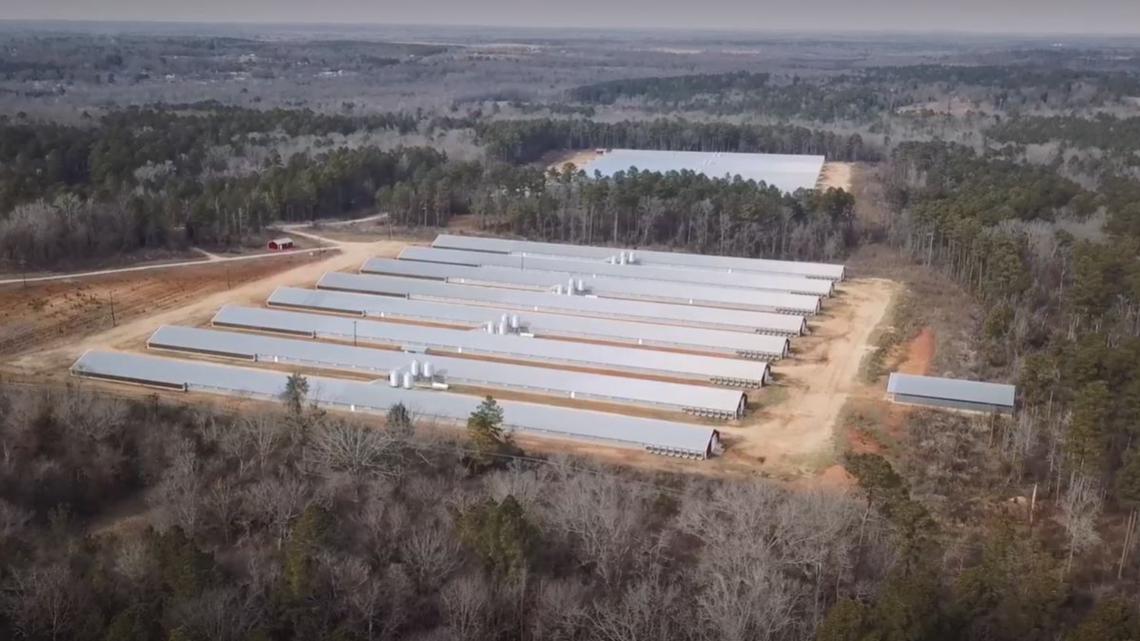
The James’ are convinced that Sanderson Farms was trying to run out the clock.
“They think if I just talked to the TCEQ, or if I talk to, you know, my state representative, or if I talk to Sanderson Farms, certainly somebody is going to come down and do something about this,” Gardner said. “...That time they waste being reasonable, and being perfectly normal, hoping they can work out the problem is then used against them if they don't file that suit.”
Chapter 6 Others join lawsuit
Gardner also represents neighbors in lawsuits filed against two other chicken farms in the Tyler area.
Tom and Loretta Callens are part of the same lawsuit as the James’.
Tom is retired, and Loretta is a singer and songwriter. They live on 17 acres he inherited from his dad.
The poultry farm is right next door to them.
“We don’t walk as much on the property and sometimes it gets so bad that it will permeate into the house,” Loretta Callens said. “It’s just kind of depressing.”
We met them just outside the gates of the farm.
When we opened the car door, the stench was unmistakable and overpowering.
“It’s sometimes just unbearable,” Loretta Callens said. “It’ll burn your eyes, burn your nose. Open your mouth and you taste it.”
“Can you imagine having one of our grandchildren’s birthday parties at our house and say, ‘Pass the cake,’ and smell this? … No,” Tom Callens said.
The Callens’ say the flies are terrible in the summer, so it’s impossible to eat outside.
“Welcome to our world,” she said. “I guess we’re blessed that it’s only half the time, but that’s too much. Shouldn’t be any time.”

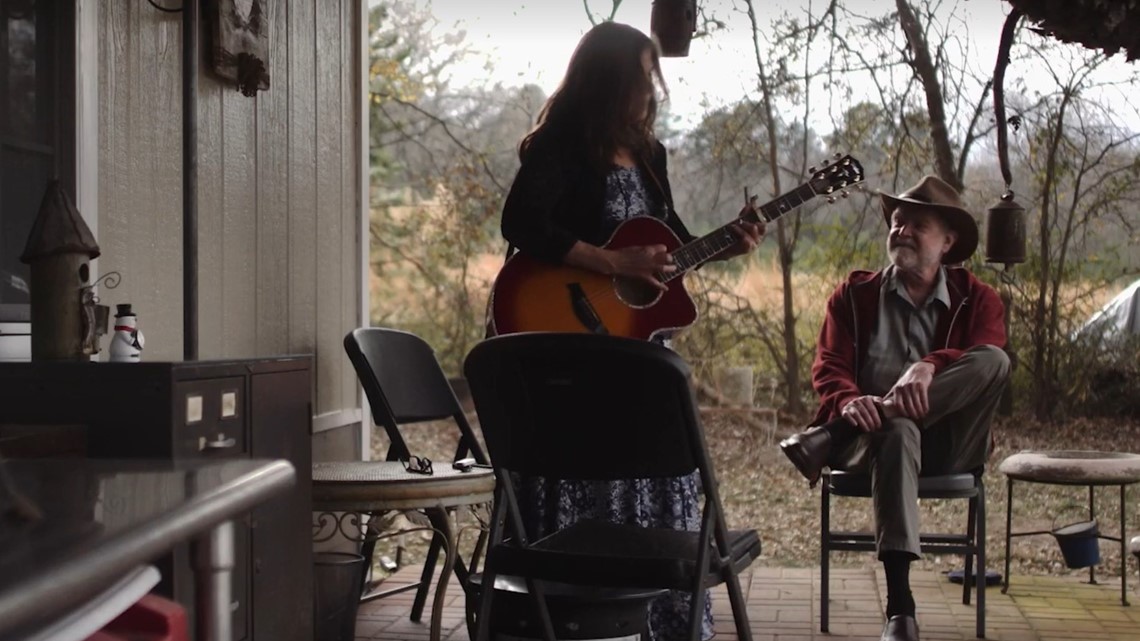
WFAA asked Sanderson Farms officials about the complaints from neighbors, as well as the lawsuit and the images and videos recorded by Jeffcoat. In an email, they told WFAA: “It is our company policy that we do not comment on pending litigation.”
In court filings, Sanderson Farms has denied allegations by property owners.
“Defendants could not have…caused injury to plaintiffs when defendant, in good faith, was in compliance with state, federal and local regulations,” Sanderson Farms wrote in a court response to allegations.
For neighbors who filed suit, the company’s responses are insufficient.
“I was the CEO of a publicly held company. And if my company had done this, I would damn sure have done something about it,” Larry James said. “But we didn't, we didn't do anything like this. And it's just really wrong. And it's sad.”
Email: Investigates@wfaa.com
More from WFAA Investigates:


